It’s Restaurant Week again.
If you know me well, you know I feel some type of way about this week.
I’ve been sitting here for a minute trying to think of what kind of angle to take here that would be of value to you, whether you own or work in a restaurant or not. While working through my ambivalence about this popular week, I figured out it all comes back to one of the things so many businesses do to market themselves that drives me the most crazy. Even though I love eating out as much as the next girl (ok fine, waaay more than the next girl), there’s a lesson for anyone who owns or runs a business that we can learn from a promotion like Restaurant Week.
If you guessed that it has to do with how discounts can hurt your brand, look at you getting to know me better and reading my mind!
First, some history.
Restaurant Week is meant to be a celebration of our culinary scene, originally intended to drive traffic during the slower months by offering a discounted prix fixe menu to diners. It happens in almost every big city and started way back in 1992 in New York City, on the heels of a recession and before the internet allowed us to speak directly to people who might be interested in what we’re selling. The hope, still today, is that each participating restaurant will be discovered by new guests that have such an incredible experience that they turn into repeat customers. Ok, fine, I’m romanticizing it when you see it through the lens of 2020, but I do believe that is still its intention. Then and now, operators always knew that Restaurant Week was a loss leader. Given the times, that was ok with everyone in 1992, but now, it’s for a different reason. Today, operators know they’re really paying to participate in a collective marketing initiative, but what exactly is the message, and how much good is it really doing for their restaurant?
Discounts of all kinds hurt more than help.
This is where it gets a little hairy for me.
I love a celebration around our restaurants, but I also know the resentment it can cause in the people who work in them and while that’s not a conversation for a marketing email, it is the result of a marketing initiative that is executed poorly given the times we live in. When we’re able to communicate directly to our customers, at any time, through a few swipes on the phones in our pockets, we have the opportunity to connect with them in all kinds of ways to show why we’re valuable to them. People have all the information about our business and the experiences we provide right at their fingertips. So, because all this information is available now, a promotion like this becomes less about introducing someone to a new place, and almost entirely about the discount.
The conversation around this week is always about how people are finally able to try something new, something they otherwise wouldn’t be interested in, can’t afford, or won’t travel for, because the price is just low enough to make it worth it. What is the point of paying for marketing to introduce yourself to people who already know you exist, are only looking for a steal, who otherwise aren’t interested in, can’t afford, or won’t travel for what you have to offer? That itself already puts the very restaurants we’re trying to celebrate at a disadvantage before diners even get through the door.
Why it’s time to stop.
I’m beating up on this promotion a little, but it’s nobody’s fault (also, happy to brainstorm how to make a week about restaurants work for everyone, GCRA!). It just hasn’t evolved with the times and it’s hardly alone in that regard. Discounts used to work, a promotion like Restaurant Week especially, and we generally tend to stick to what we know even if the world around us continues to change. It’s hard to keep up, but I think everyone can feel that what works in marketing today is drastically different than what worked even seven years ago.
Discount-driven promotions put all kinds of businesses at a disadvantage because as competition only increases and experiences matter more and more, we get further away from being able to be competitive based on price, and your brand will become your only differentiator.
You know this… the only new people who respond to a discount-driven promotion today are people who are only motivated by a reduced price or a deal. Maybe you see a bump in the short-term, a boost in traffic and top line sales, but I will always argue that in the long run, this kind of customer acquisition strategy is way too expensive and a race to the bottom. The problem is that as soon as you do it once, it becomes the only price those new people are willing to pay because you haven’t led with any other context for them to attribute value to besides that discount.
Do this instead.
If you’re looking for a way to get people’s attention, work on communicating why you do what you do, so people have a reason to become emotionally invested in your success. Share your story and humanize your brand. Yes, it’s a lot of work and it takes time, but better to start now while you’re ahead.
If you’re in a place where you need to make quick moves, offer something for free (strategically). Free things make people feel special, because they know it can’t and won’t always be! You’ll evoke the same interest from bargain hunters, but maybe even your actual target market also without cheapening your product, experience, and brand. As we enter a new decade, making sure you’re not setting yourself up for failure and maintaining your brand’s value has never been more important.









